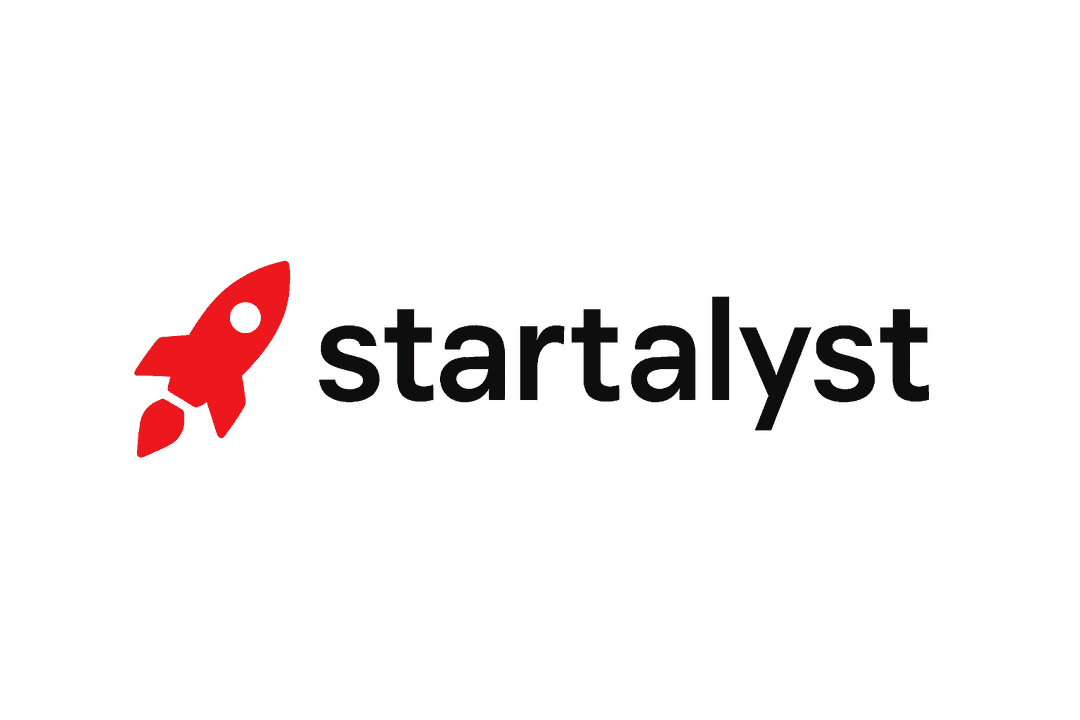Real Estate Business Ideas Starter Guide
How to Get the Best Results
Start by being precise about what part of the market you want to serve — rentals, flips, commercial, short term stays, or investor services. Matching one clear niche to one reliable offer will make your marketing and operations far simpler.
Use local data and quick experiments: list one service, run two weeks of targeted outreach, and measure inquiries and conversion rates. Improve listings, scripts, or pricing after each small test to sharpen the real estate business ideas that actually work in your area.
Step 1 — Who are you?
Pick the background that most closely matches your experience; that will guide which real estate business ideas are low friction to launch.
- Licensed agent with years of closings — negotiation — secures better deals for clients and increases your referral income.
- Experienced landlord managing multiple units — operations — scales property management services with predictable cash flow.
- Contractor or handy person — renovation — delivers faster, cheaper flips and renovation consulting to other investors.
- Photographer or videographer — visual marketing — elevates listings and commands higher asking prices through better presentation.
- Digital marketer or social media manager — lead generation — builds automated funnels that feed buyers and sellers to your offers.
- Legal or finance background — compliance — reduces risk on deals and positions you as a trusted advisor for investors.
- Customer service or hospitality pro — guest experience — creates premium short term rental services that earn repeat bookings and referrals.
- Networker with lots of local contacts — partnership building — opens doors to joint ventures, referrals, and off-market deals.
Step 2 — Add interests & skills
List skills and interests that you enjoy; combining one operational skill with one marketing skill produces the strongest real estate business ideas.
- Property photography Your imagery attracts more leads and shortens time on market.
- Virtual tours You increase buyer confidence and qualify prospects before showings.
- Social media advertising You reach motivated local buyers and renters quickly.
- Email marketing You nurture leads into repeat clients and steady referral sources.
- House staging You raise perceived value and help sellers get top offers faster.
- Tenant screening You reduce vacancy and turnover costs for landlords.
- Market analysis You identify undervalued neighborhoods and smarter investment opportunities.
- Repair coordination You speed renovations and keep renovation budgets under control for investors.
- Contract negotiation You protect margins on assignments, flips, and management contracts.
- Short term rental management You convert a single property into a higher-yielding business with minimal owner time.
- Wholesale sourcing You find off-market deals to assign or sell to other investors.
- CRM setup You automate follow up so leads do not fall through the cracks.
- Local networking You build pipelines of sellers, buyers, and contractors without paid ads.
- Framing and carpentry You add value with small, profitable rehab projects that increase resale price.
Step 3 — Set available capital
Your starting budget will narrow which real estate business ideas are realistic on day one and which require longer preparation or partners.
- ≤$200 Focus on low-cost services like bird dogging, listing photography with your phone, referral networks, or hosting workshops for first time buyers.
- $200–$1000 Invest in a basic website, business registration, a point and shoot camera, some targeted ads, or small repair toolkits to start flipping small projects.
- $1000+ Allocate funds toward earnest money for wholesaling, a robust marketing campaign, security deposits for managed rentals, licensing and insurance, or initial furnishing for short term rentals.
Step 4 — Choose weekly hours
Decide how much time you can sustainably commit each week and match that to a business model that fits your availability.
- 2–5 hours Pursue referral networks, part time listing promotion, or online lead nurturing that runs mostly on automation.
- 5–15 hours Run a small short term rental, manage a handful of tenants, or offer property marketing services in the evenings and weekends.
- 15+ hours Scale property management, run flips end to end, or build a paid acquisition funnel that needs regular hands on work.
Interpreting your results
- Combine one strong background with two complementary skills and the budget and time you actually have. The intersection of those three factors points to the most practical real estate business ideas for you.
- If you have low capital but lots of time, prioritize services where your labor substitutes for money, like bird dogging, staging, or property management apprentice work. If you have cash but limited hours, buy leverage through ads, contractors, or turnkey short term setups.
- Track three simple metrics for any idea: leads per week, conversion rate, and gross margin per transaction. Small, consistent improvements in those numbers will separate a hobby from a repeatable business.
- When in doubt, pilot one offer for 4–8 weeks with minimal spend, then decide whether to double down, iterate, or pivot to another real estate business idea.
Use the generator above to mix and match your background, interests, budget, and hours to get tailored real estate business ideas and a practical next step you can test this week.
